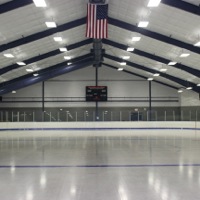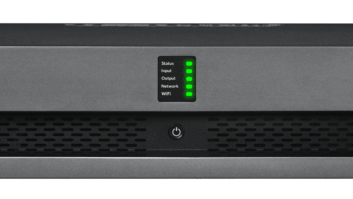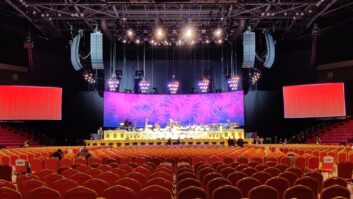
Four ice hockey stadiums in Philadelphia, US – three of which were saved from possible closure in November 2008 by a local sports charity – have received new Community R-Series loudspeaker systems. Ed Snider Youth Hockey Foundation took over operation and programming at three Philadelphia ice rinks which had been targeted for possible closing amid the city’s budget troubles speaker. Snider, the foundation’s owner, founded the Philadelphia Flyers hockey team and is also chairman of sports and entertainment firm Comcast-Spectacor which owns the Flyers. With help from the Snider Foundation, the Scanlon, Laura Sims, Simon and later the Tarken ice rinks were renovated. The facilities are now fully enclosed, operate all year and include locker rooms and computer labs. As part of the work each arena was subject to audio upgrades by local AV contractor, Philadelphia-based AV Rental Services. Owner of the company Bruce Johnson selected Community Pro R1-94 loudspeaker systems to deal with the challenging acoustics at the facilities. Johnson then devised custom brackets to work with the R1’s standard u-brackets and to mount the loudspeakers to the open steel framework of the buildings. The systems in all four ice rinks were designed for simple operation with a Shure mixer and microphone and music inputs. Dave Howden, Community’s director of technical services, says the R1s were a good choice for these ice rinks because, as an outdoor loudspeaker, they can stand up to the humidity and temperature of an ice rink. In addition, the R1s have pattern control below 500 Hz which helps to minimize echoes and reverberation. Around 2,500 inner-city kids play hockey in leagues at the rinks under the Snider Hockey Program. The rinks are open two or three evenings each week for school hockey games and scrimmages. The program puts each child on the ice three to six days a week. Each child spends about an hour on the ice and 30 minutes each on homework and ‘life skills.’ 96% of participants graduate from high school. In addition, Johnson says he is proud to have played a part in this very successful program. www.communitypro.comwww.shure.com







